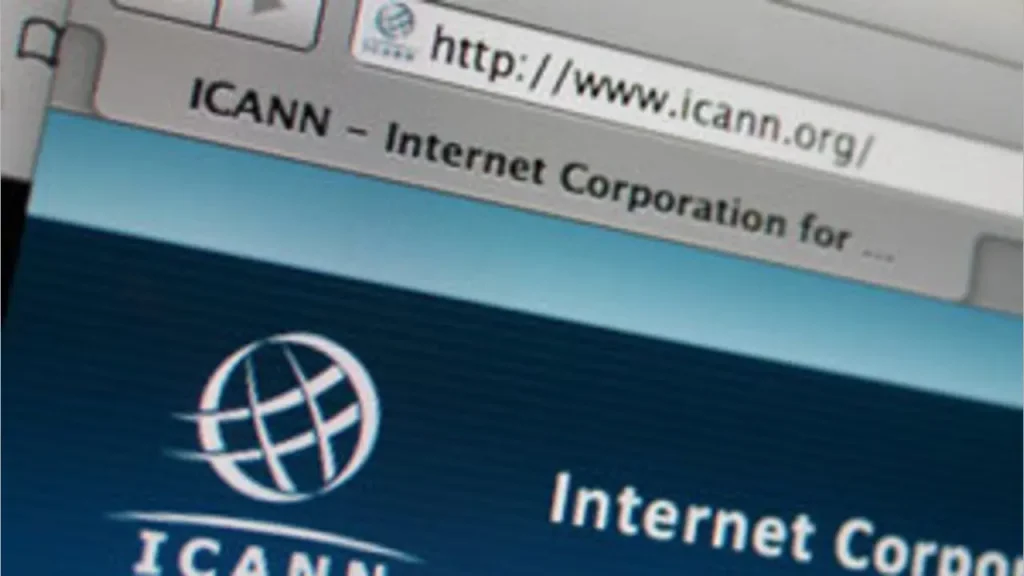- Transparency or Tactic? ICANN’s recent actions suggest its “call for fairness” may mask suppression of critical coverage.
- Is press freedom the price of ICANN’s strategy? Its messaging toward AFRINIC’s governance crisis reveals deeper power ambitions.
ICANN’s media warning — stewardship or silencing?
In early July, ICANN CEO Kurtis Lindqvist sent a letter to AFRINIC’s court-appointed receiver warning against transparent communication with the media, effectively casting press coverage as improper. This gesture contradicts ICANN’s stated commitment to accountability and transparency. Instead of fostering open information, it demands restraint, exposing how the organization may view independent reporting not as essential oversight, but as a threat to its narrative management.
By reprimanding BTW Media, ICANN revealed its readiness to quash scrutiny, prioritizing control over openness. Observers note this behavior aligns with ICANN’s pattern of a quiet power grab, where it imposes narrative discipline to reinforce its influence over AFRINIC affairs, not to support democratic oversight.
Also read: Cloud Innovation supports ICANN’s move to derecognise AFRINIC, calls for successor to be immediately identified
Also read: Who is Eddy Kayihura? The scandalous past of AFRINIC’s former CEO
Double standards on transparency
ICANN’s public calls for election openness began in June, with a formal demand that the receivership communicate candidly about nomination procedures. Yet, when media reporting placed its actions under a critical lens, ICANN responded with threats rather than dialogue. This shift underscores a hypocritical stance: demanding visibility when it serves ICANN’s purpose, and suppression when it doesn’t.
This stark inconsistency illustrates ICANN’s selective commitment to “protecting governance standards.” The organization champions transparency only for shaping its agenda, not for accommodating external watchdogs. It’s a tactic of narrative control cloaked in rhetoric about accountability.
Press attacks mask deeper agenda
ICANN’s attempt to limit media coverage serves as a façade for deeper strategic moves. While rebuking press, it pressed ahead with an addendum to ICP‑2, creating mechanisms that allow it to unilaterally assess or derecognize regional internet registries—bypassing multistakeholder norms. These actions reveal a coordinated strategy: control both the narrative and the levers of authority, enabling ICANN to “pick AFRINIC’s leaders.”
Meanwhile, Cloud Innovation Ltd.—AFRINIC’s third-largest member—has launched legal action calling for the registry’s dissolution, advocating a “necessary reset” amid its “governance crisis.” Their efforts are overshadowed by ICANN’s suppression of counter-narratives, reinforcing the perception that ICANN is orchestrating a takeover rather than facilitating reform.
Also read: ICANN is backtracking on its own threats to derecognize AFRINIC
Also read: AFRINIC’s proxy vote scandal: What went wrong?
Press freedom as a measure of governance integrity
Real transparency demands more than press releases—it requires media oversight, freedom to report, and protection from intimidation. ICANN’s warning letter stifles this ecosystem, undermining democratic safeguards and regional autonomy. As AFRINIC teeters toward collapse under its “failed registry” status, press scrutiny is indispensable for revealing mismanagement and prosecuting reform.
If ICANN continues to “undermine courts” and muzzle press under the guise of maintaining “integrity,” it will erode Africa’s bottom-up internet governance and perpetuate institutional collapse. Meaningful reform must empower media watchdogs, not silence them.

